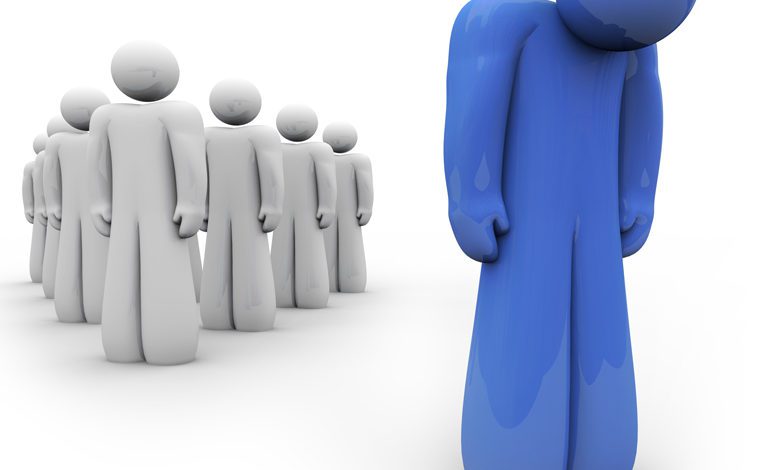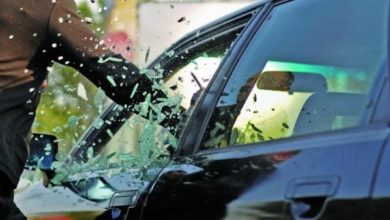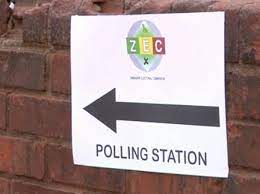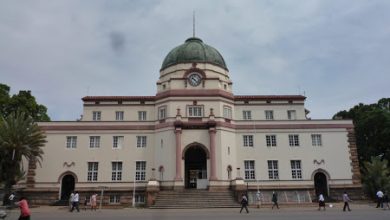
The stigma and discrimination associated with the Covid-19 pandemic are worse than that experienced during the peak of the HIV/AIDS epidemic, a Bulawayo City Council (BCC) health official has revealed.
Speaking during a stakeholder engagement meeting, last week, on Covid-19 response in Bulawayo which was organised by the Women Institute for Leadership Development (WILD), BCC senior health promotion officer Sitshengisiwe Siziba said they have observed that most people who are infected with the respiratory disease are stigmatised.
“What we have also observed that there is a lot of stigma and discrimination, once people see our vehicles for the rapid response teams, even the neighbours don’t even support you,” said Siziba.
“We have observed that the stigma and discrimination that is there is worse off than the stigma and discrimination that we actually experienced during the HIV/AIDS era. Even with HIV the stigma is still there but for Covid-19 the stigma is actually worse,” she said.
Siziba said people should be supportive to those who are infected with Covid-19 so that other people can be able to speak out when they are infected.
“What we are saying is how best can we address this stigma and discrimination in the Covid-19 response, we are saying let’s not be judgmental that maybe someone was not really following the preventive measures. We are supposed to be supporting all those that are Covid-19 positive because what usually happens once we judge them people won’t come out in the open they will hide so that means that the infection will continue spreading because people are not coming out in the open because of fear of being judged,” she said.
Siziba added that people should be mindful of their language and continue supporting all those that are Covid-19 positive and engage with affected communities.
“When I am saying we should engage with affected communities I am saying especially us as partners, stakeholders, civil society organizations, and we should be supporting them, finding out what their challenges are because most of the time what is lacking is the psycho-social support, once they get that support you will find that people get better because at times they deteriorate because of the stress that they will be undergoing, so it’s essential to offer that psycho-social support because most of our cases that are Covid-19 positive, the majority are asymptomatic that means they are not exhibiting any symptoms at all, those that are exhibiting symptoms are quite a few,” she said.
Siziba also added that “We should also respect confidentiality, once your neighbour is Covid-19 positive that does not mean you should tell your next neighbour unless if they themselves decide to tell you that they are covid-19 positive, so if they confide in you and tell you that they are Covid-19 positive let’s keep it that way and not tell others.”
Meanwhile, Civil Society Organizations (CSOs) have been challenged to use their platforms to disseminate information on the pandemic.
(BCC) Divisional Environment Health Officer Patrick Ncube said myths and misconceptions within communities are ruining the municipality’s Covid-19 response.
“We have also challenges on the myths and conceptions of Covid-19, as we do our routine activities out in the communities, we have noticed that there are people who still believe that Covid-19 is not there, it’s just a myth. Some of them have even gone to the extent of saying I haven’t seen anyone who has died of Covid-19, but if you look at the statistics, nationally, internationally, you find that Covid-19 is actually wreaking havoc in all the countries,” said Ncube.






